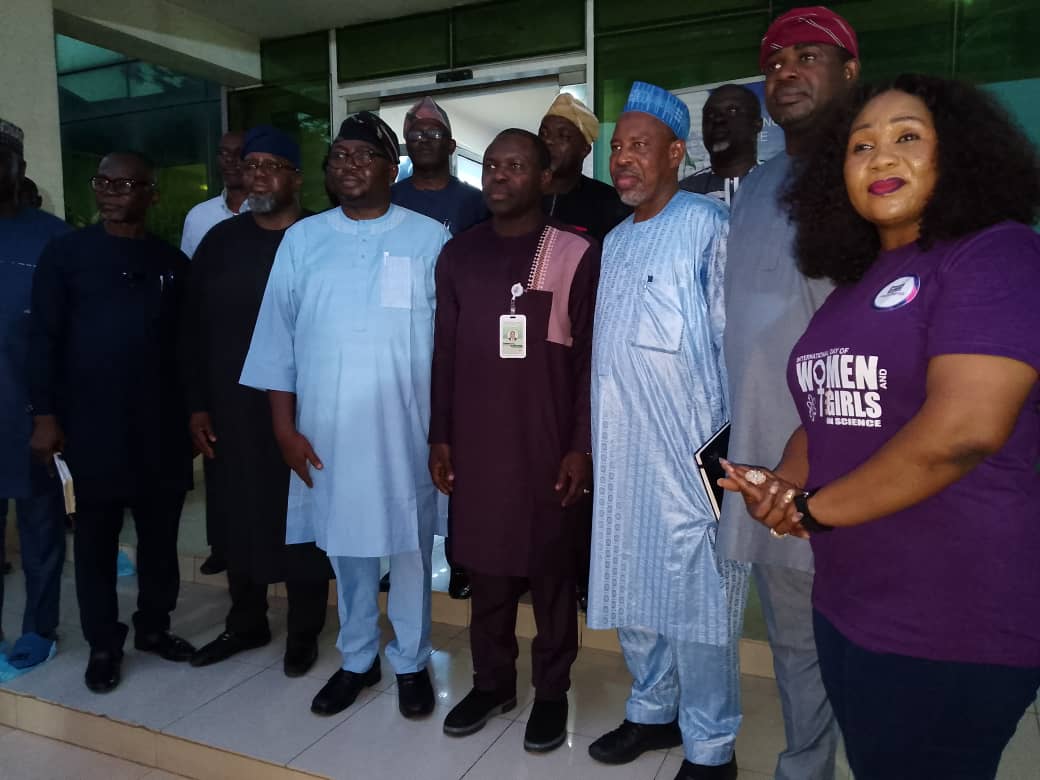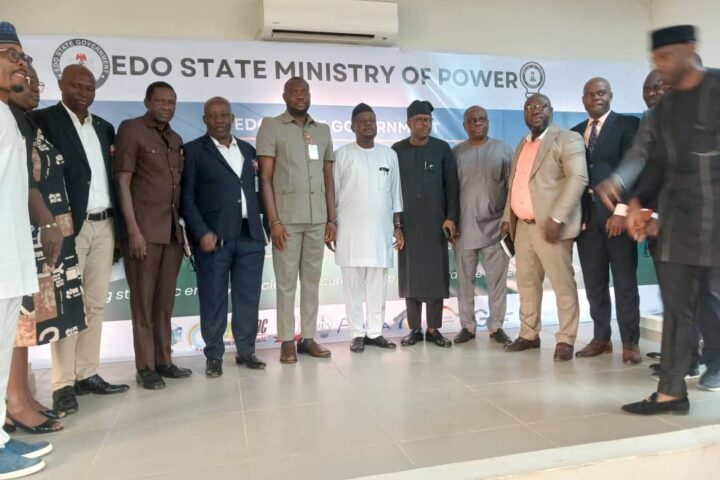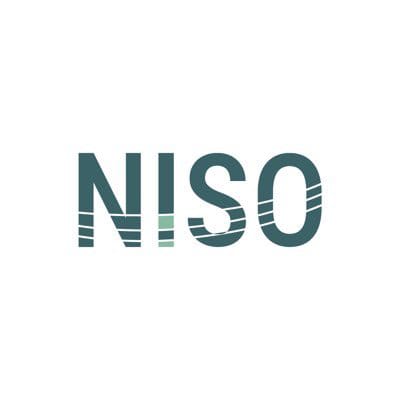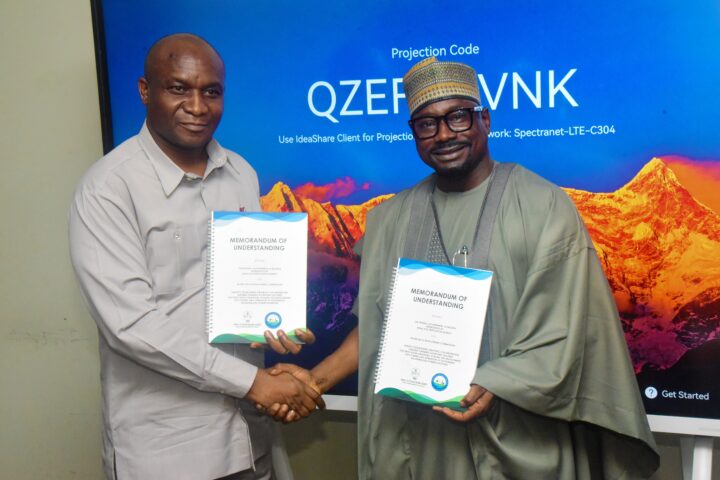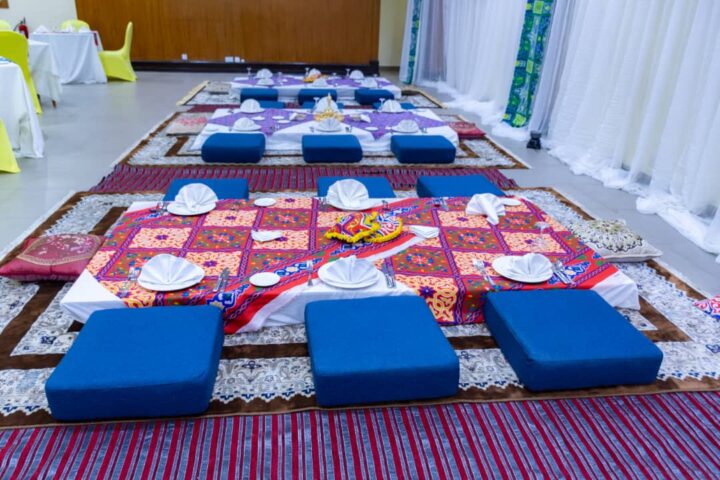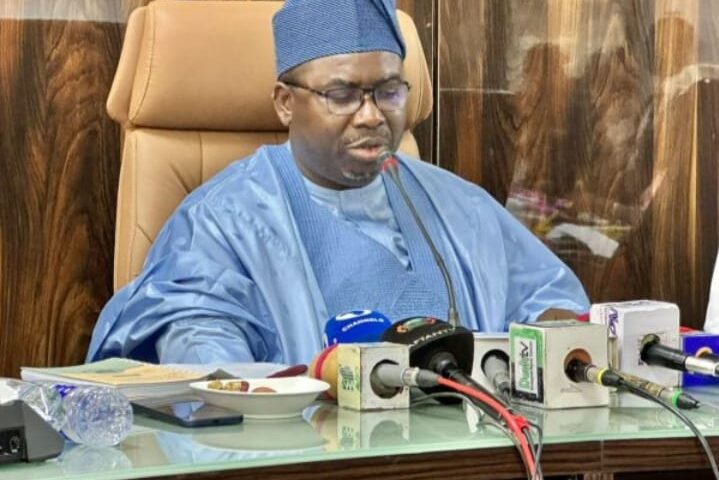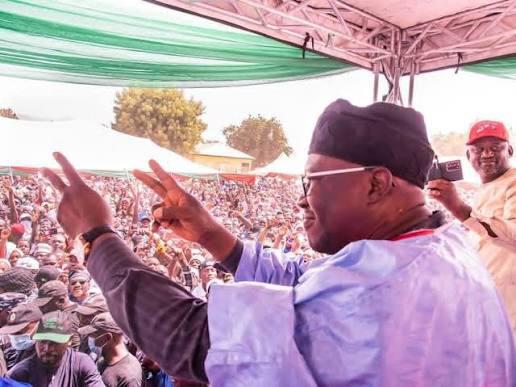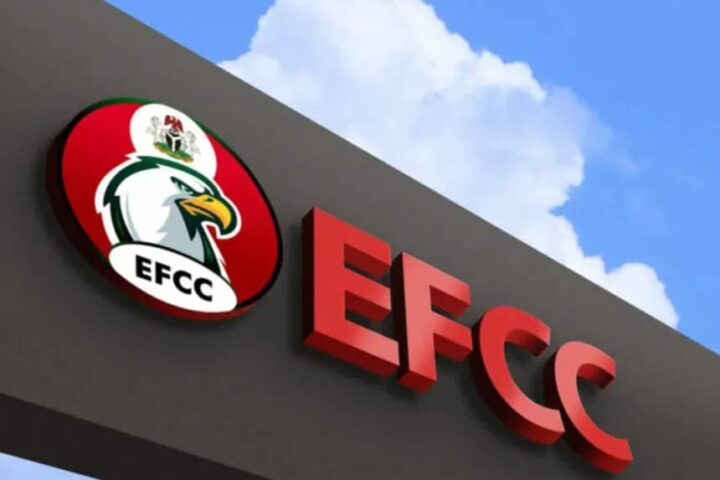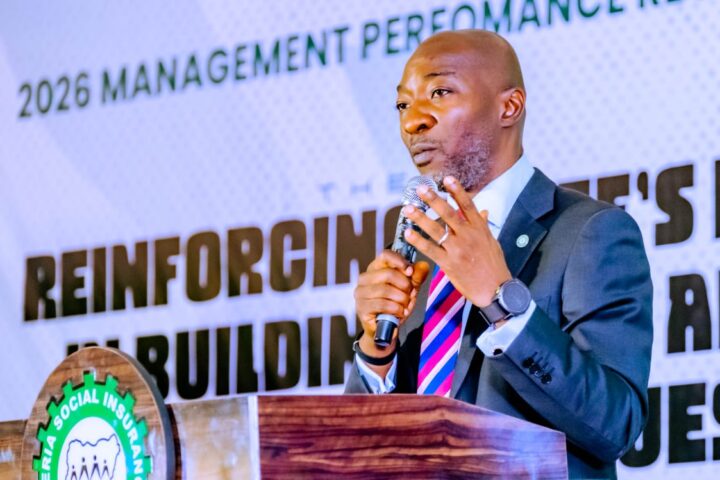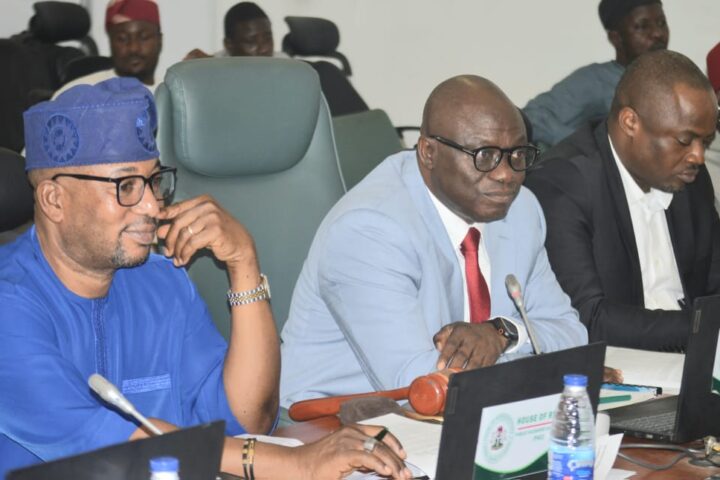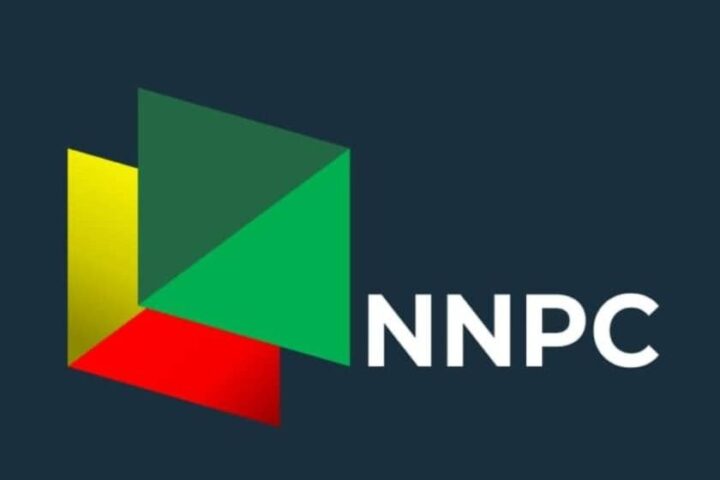Mohammed Shosanya
The Federal Government,has revealed plans to introduce legislation mandating local content in the nation’s power sector.
Mr Adebayo Adelabu,the Minister of Power,spoke at the weekend in Ogun State,where he also emphasized the necessity of comprehensive plans for full backwards integration and technical training.
He assured support for local manufacturers investing in domestic production during a working visit to Momas Electricity Meters Manufacturing Company Ltd. (MEMMCOL), Mowe, Ogun State.
He said: “That is the only way local producers can be sustained.But, we need to start developing capacity in terms of investment infrastructure and also ensure mass production.
“We need to develop local capacity to avoid importation.We must have comprehensive plan for full backward integration, so that the locally manufactured products will be achieved.
“We need to start training our people in technical training.”
He outlined the Presidential Metering Initiatives’ target of installing two million to 2.5 million meters annually over the next five years.
Commending MOMAS for its contributions to bridging the metering gap, Adelabu stated, “MOMAS remain our proud local meter manufacturing company in Nigeria. Its investment in metering and other electrical equipment is topnotch.
“I visited the meters manufacturing company to see how they can be supported.lt’s part of my visit to see how they can be supported through the meter expansion programme of the Ministry of Power.
“We know that Nigeria is highly import dependence country, this are one of the reason our currency has lost values.lt one of the intention of government to ensure we are back on import substitution journey.
“The only way we can do this is to support local manufacturers, apart from support.
“We must also incentives them by providing conducive atmosphere that we make their production activities in terms of cost to be competitive,” Adelabu said.
He acknowledged MOMAS’s huge investment in metering infrastructure and emphasised the importance of creating a conducive environment for local manufacturers to thrive.
Adelabu promised to engage with regulatory bodies to expedite meter acquisition plans,underscoring the urgency of addressing the widening metering gap.
He implored other Nigerian businesses to emulate MOMAS’s dedication to local content development, emphasising the government’s commitment to promoting self-reliance and reducing dependence on foreign goods.
“We must also incentivised them by providing conducive atmosphere that we make there production activities in terms of cost to be more competitive,” Adelabu said.
He said the Ministry was impressed with the huge investment in metering installations and metering accessories at MOMAS factory, saying, the Chairman is a patriotic Nigerian.
“I have seen production process of meters and l am impressed with the local content of MOMAS.
“I never believed they had such facilities and technology know-how.Over 80 per cent of there production are done locally. This is commendable and impressive,” he said.
Adelabu promised to discuss with the Nigerian Electricity Regulatory (NERC) on how to accelerate meter aquisation plans.
Speaking,Mr Kola Balogun, Chairman of MOMAS, expressed appreciation for the minister’s support and stressed the need for sustained government commitment to local industries.
He highlighted MOMAS’s capability in meter manufacturing and called for increased government support to facilitate raw material procurement and potentially explore export opportunities.
He said that there is need for more of such commitments from government to develop local capacity in power sector.
He added:”Because we can take advantage of the new Africa doctrine of exporting, so, that local manufacturers can export to other part of Africa countries.
” We design meters from scratch and that capability not in doubt because we complied with all the various standard that Nigeria as set and also global best practices in terms of design.
“Virtually, all Discos are our partners, we also supply meter to Liberia, Sierra Leone and others African countries, but the volume Nigeria needed supersedes any volume in Africa.
“The local patronage is still very much needed to be able meet up the investments threshold that qe have done in the country today”


